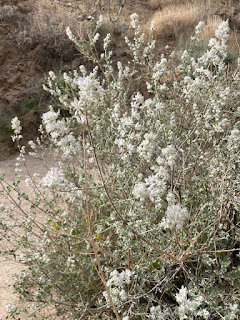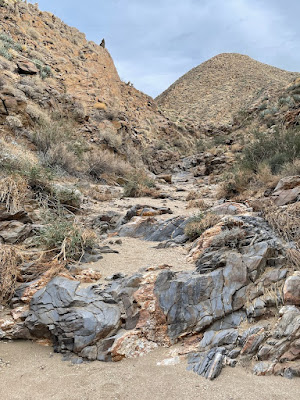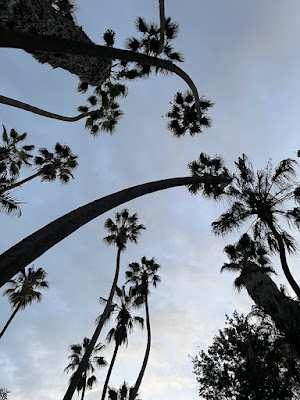 Happy 7th day of Christmas! You'll notice some exquisite cholla lace from Borrego has joined our Nativity scene, but the Magi are still days away.
Happy 7th day of Christmas! You'll notice some exquisite cholla lace from Borrego has joined our Nativity scene, but the Magi are still days away.
Tuesday, December 31, 2024
Seven swans a-swimming
Monday, December 30, 2024
Mountains aren't mountains and river's aren't rivers
Behold O. W. Gray's 1783 masterpiece of anti-ecological data visualization, "Mountains and Rivers"! The squiggly lines are the world's longest rivers, suspended like snakeskins. The mountains of the several continents (color coded) are arranged below - note the red flares marking volcanoes! Check out the fine details here.  For a contemporary folly, here someone shows the magnitude of the world's great river systems by imagining them flowing out into space!
For a contemporary folly, here someone shows the magnitude of the world's great river systems by imagining them flowing out into space!
Why am I showing these to you, you may wonder? Because one of next semester's classes is a reprise of "Religion and Ecology," which I've promised will focus on "Buddhist perspectives," most especially Dogen's "Mountains and Rivers Sutra." This has in turn reconnected me to some of the excitement of the "Sacred Mountains" course I taught eight years ago. Gray's is of course the absolute antithesis of Dogen's "mountains and rivers" but perhaps useful on our way to recognizing that mountains are not mountains, rivers not rivers, although mountains are mountains, rivers rivers!
 For a contemporary folly, here someone shows the magnitude of the world's great river systems by imagining them flowing out into space!
For a contemporary folly, here someone shows the magnitude of the world's great river systems by imagining them flowing out into space!Why am I showing these to you, you may wonder? Because one of next semester's classes is a reprise of "Religion and Ecology," which I've promised will focus on "Buddhist perspectives," most especially Dogen's "Mountains and Rivers Sutra." This has in turn reconnected me to some of the excitement of the "Sacred Mountains" course I taught eight years ago. Gray's is of course the absolute antithesis of Dogen's "mountains and rivers" but perhaps useful on our way to recognizing that mountains are not mountains, rivers not rivers, although mountains are mountains, rivers rivers!
Sunday, December 29, 2024
Saturday, December 28, 2024
Friday, December 27, 2024
Rock torrents
In Anza-Borrego Desert State Park, stumbled on a wondrous place known as Rainbow Canyon for the range of colors of metamorphic rock tumbling through it. The trail goes up eight dry falls (exciting!) in a valley clearly carved over aeons and aeons by powerful masses of water. But the wonder of it is that the snarled stone so often looks like water itself, gliding and folding and swirling and even splashing...
Thursday, December 26, 2024
Wednesday, December 25, 2024
Tuesday, December 24, 2024
Monday, December 23, 2024
Sunday, December 22, 2024
Friday, December 20, 2024
Thursday, December 19, 2024
Wednesday, December 18, 2024
Tuesday, December 17, 2024
Subscribe to:
Posts (Atom)
.png)























.jpeg)





.jpeg)

















